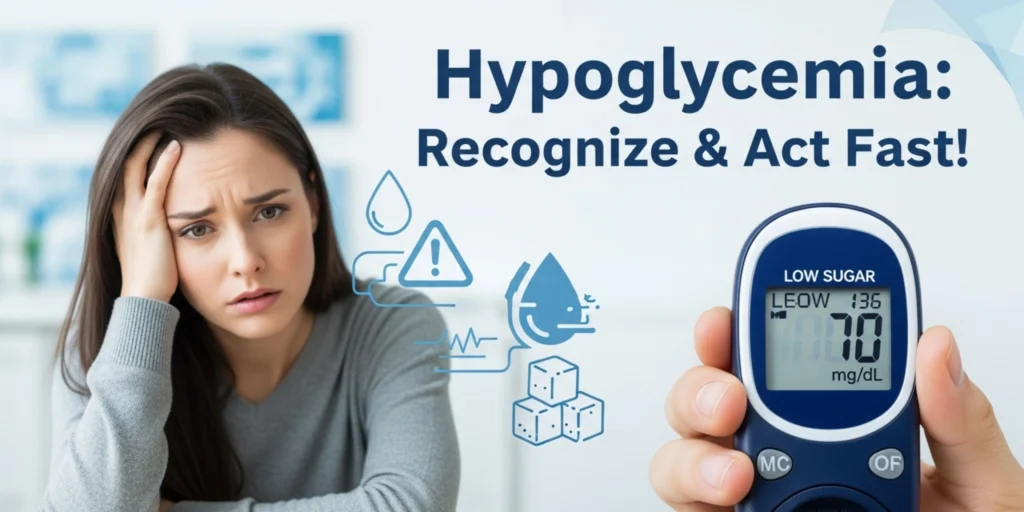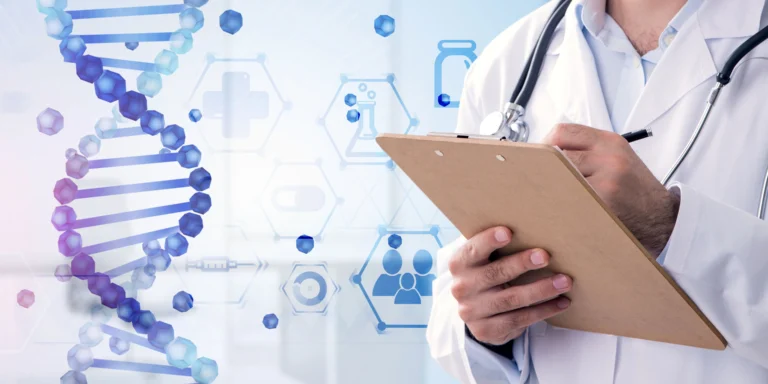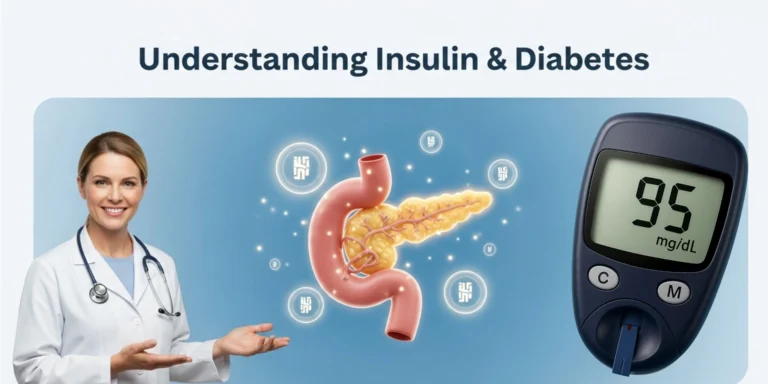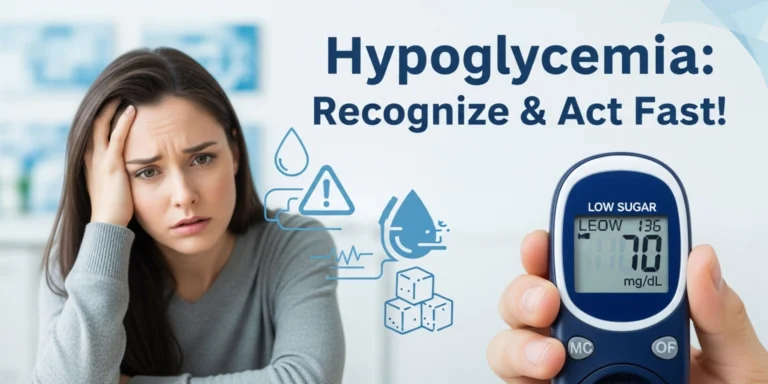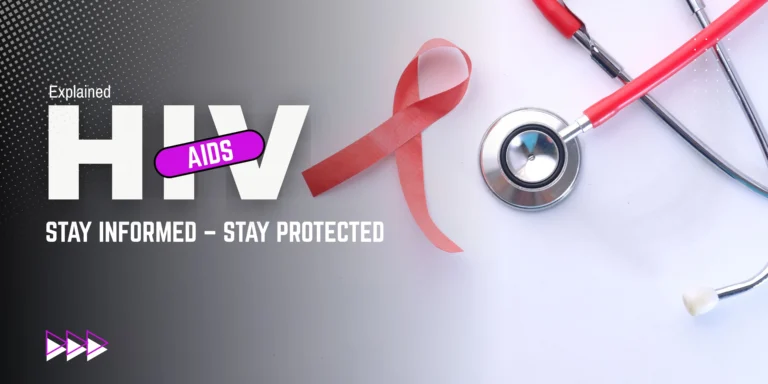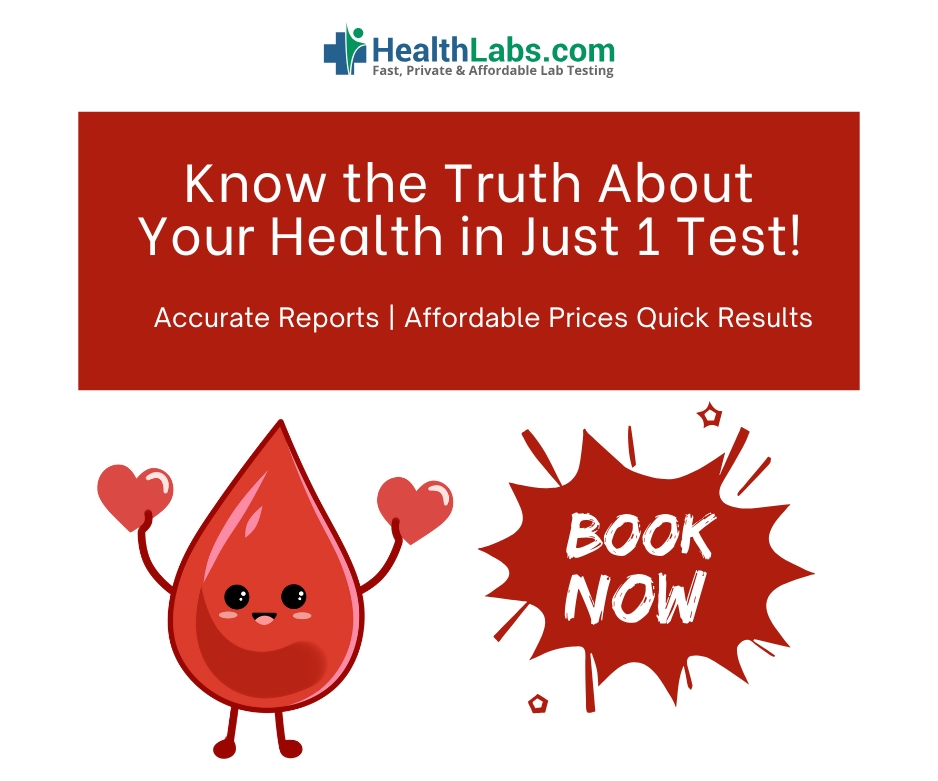What Is Hypoglycemia?
Hypoglycemia occurs when blood glucose levels drop below 70 mg/dL. It’s most common among people with diabetes, especially those taking insulin or sulfonylurea medications. However, it can also be triggered by skipping meals, intense physical activity, alcohol, or certain medical conditions.
Common Symptoms of Hypoglycemia
Symptoms include shaking, sweating, dizziness, hunger, blurred vision, confusion, weakness, headache, and rapid heartbeat. Severe symptoms can include slurred speech, seizures, or coma.
How to Confirm Hypoglycemia
Use a blood glucose meter or CGM. Below 70 mg/dL = Hypoglycemia. Below 54 mg/dL = Severe hypoglycemia. Treat even if meter isn’t available but symptoms are present.
How to Treat Hypoglycemia: The 15-15 Rule
Step 1: Eat 15 grams of fast-acting carbs: 4 oz juice, 4 glucose tablets, 1 tbsp sugar, or 5-6 hard candies.
Step 2: Wait 15 minutes.
Step 3: Recheck blood sugar. If still low, repeat.
Step 4: Eat a snack with protein and complex carbs if your next meal is over an hour away.
Driving and Hypoglycemia: What You Need to Know
Before driving, check blood sugar: >90 mg/dL is safe, 70–90 mg/dL needs a snack. For long drives, check every 2 hours. If you have a hypo while driving: pull over, turn off engine, treat, wait 45 minutes, and recheck before driving again. Notify DMV if on insulin.
How to Prevent Hypoglycemia
Take medications as prescribed, eat regular meals, check glucose often, carry fast-acting carbs, limit alcohol, and wear medical ID.
When to Contact Your Doctor
Seek help if you have frequent or severe hypoglycemia, lose consciousness, or are unsure how to manage or prevent it.
Frequently Asked Questions (FAQs)
What is considered low blood sugar?
Anything below 70 mg/dL is considered hypoglycemia. Below 54 mg/dL is severe and requires immediate action.
How do I treat low blood sugar without a glucose meter?
If you suspect hypoglycemia and can’t confirm it with a meter, consume 15g of fast-acting carbohydrates immediately.
Can I still drive if I have diabetes?
Yes, but ensure your blood sugar is safe before driving. Inform the DMV if you’re on insulin.
What should I carry with me for emergencies?
Carry glucose tablets, juice, candy, and wear a medical ID.
What if hypoglycemia happens while I’m asleep? Night sweats, nightmares, or disorientation may indicate low blood sugar. Talk to your doctor about nighttime prevention


